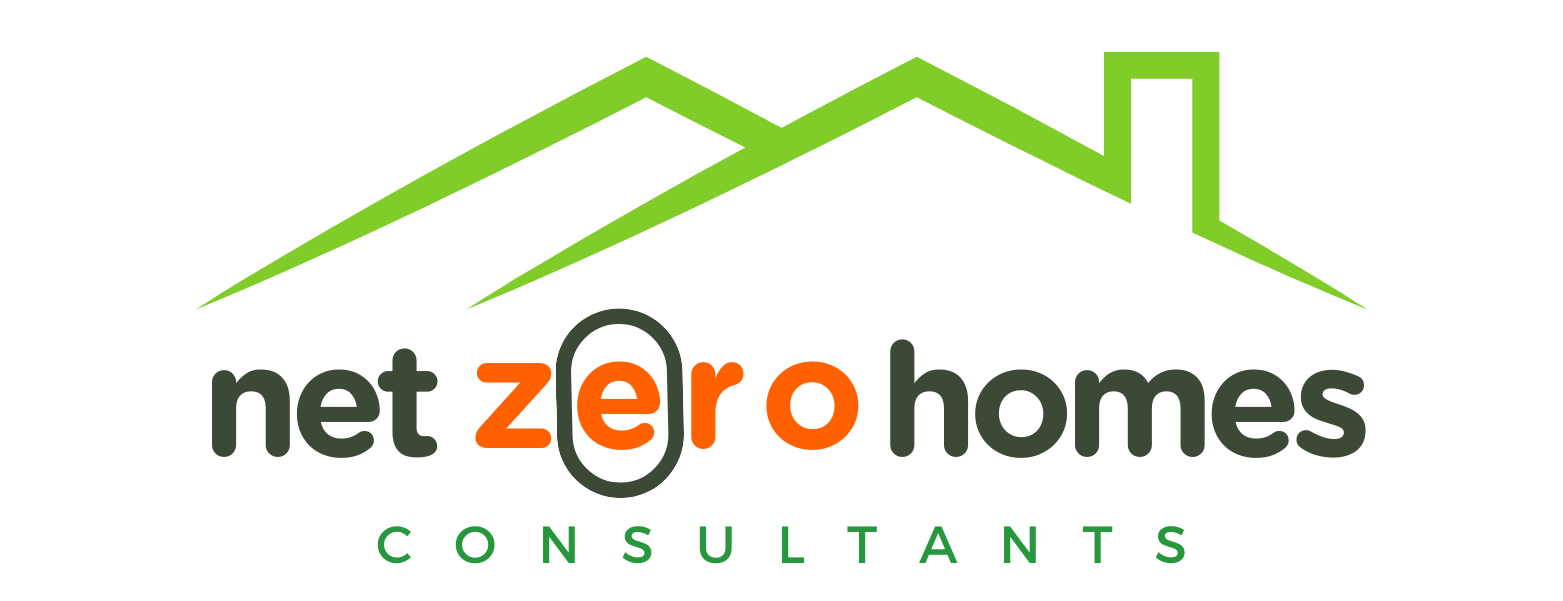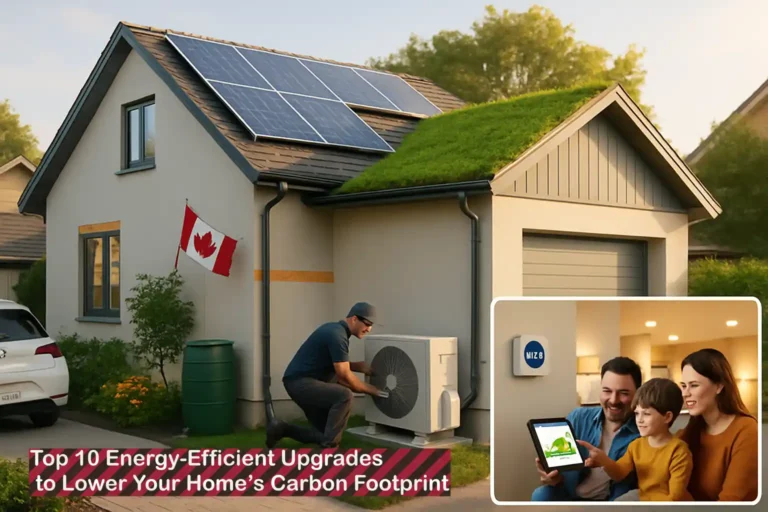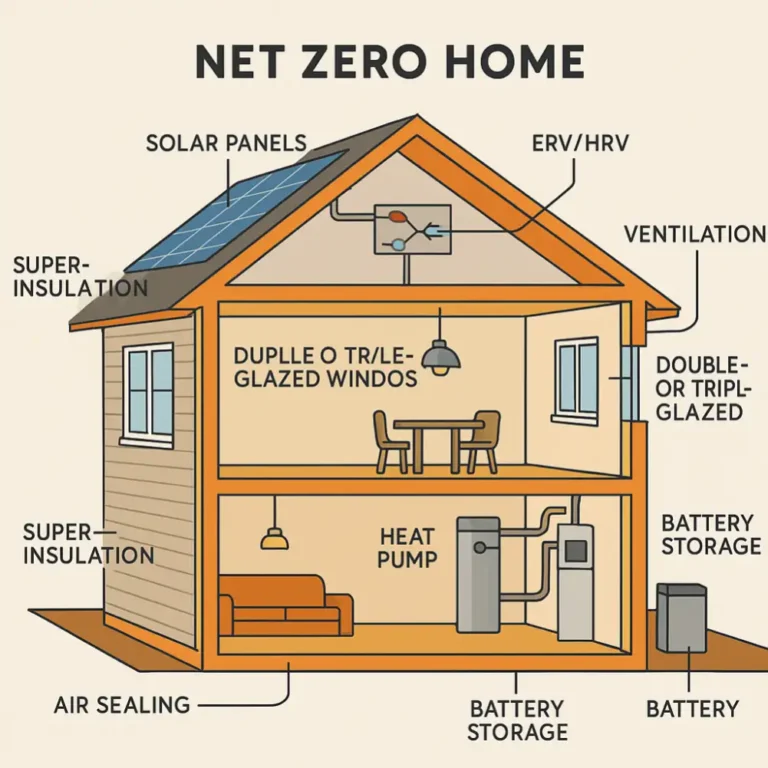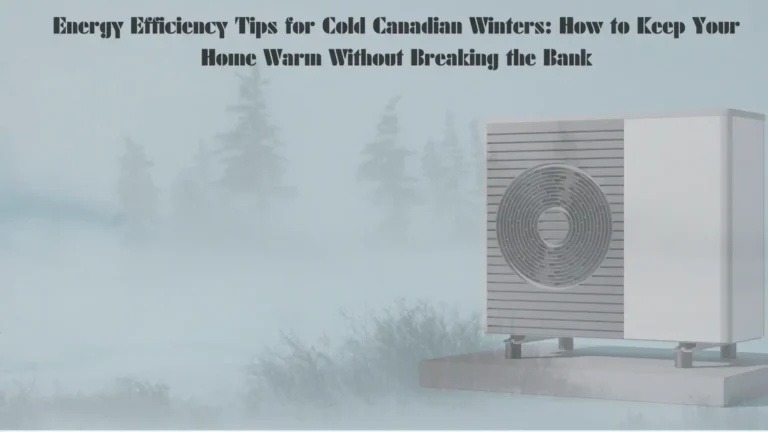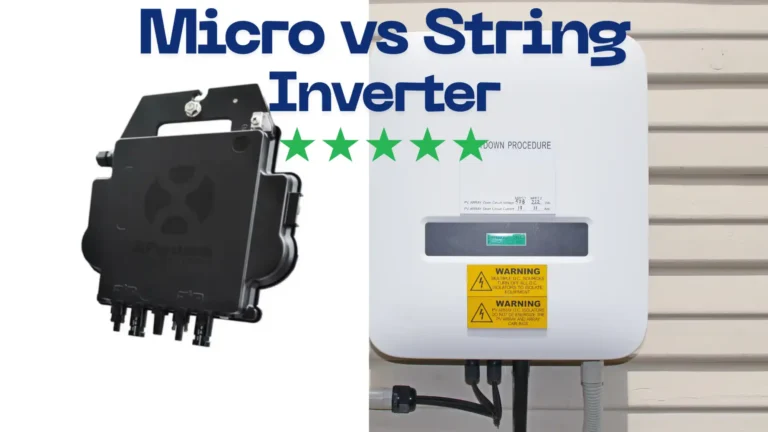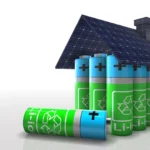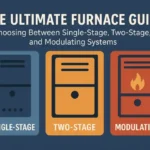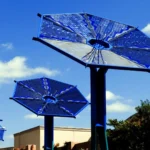Virtual appointments for canadians ONLY!
“How Long Do Solar Panels Last?
Thinking about going solar? You’re not alone. Across Canada and beyond, more homeowners and businesses are choosing solar power to cut energy bills and shrink their carbon footprint. It’s clean, it’s smart and over time, it really pays off.
But there’s one question that almost always comes up,
“How long do solar panels actually last?”
Fair question. If you’re investing in solar, you’ll want to know just how far your money and your power can go.
Let’s take a relaxed, honest look at how long solar panels last, what affects their lifespan, and how you can keep them working efficiently for decades.
So, What’s the Lifespan of Solar Panels?
On average, most residential solar panels are expected to last between 25 to 30 years. That’s a long time longer than many cars, roofs, or even appliances in your home.
But here’s the thing: even after 25 years, your panels won’t just stop working. They’ll likely still be producing electricity just not quite as efficiently as they did in year one.
What Impacts How Long They Last?
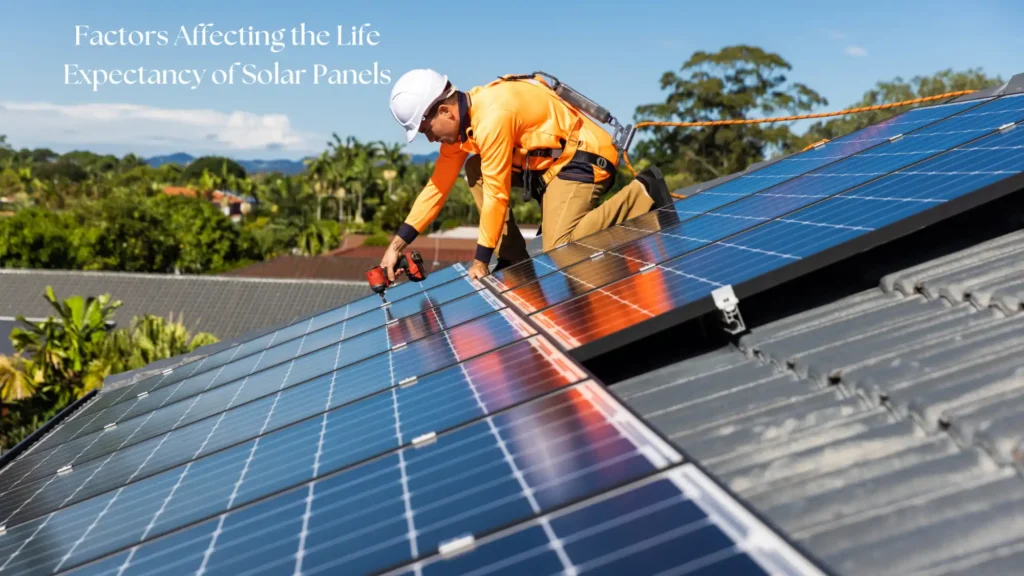
Several factors play a role in determining how long your solar panels will last. From the quality of the panels themselves to external conditions like weather and maintenance, these factors can affect the efficiency and overall lifespan of your solar system.
- Quality of the Panels
Not all solar panels are created equal. The quality of the panels you choose can significantly impact their life expectancy. High-quality panels made from durable materials, such as monocrystalline solar panels, tend to last longer than cheaper, lower-quality options. The most reliable solar panels come from trusted manufacturers who offer warranties and ensure that their products are built to withstand various environmental conditions.
- Environmental Conditions
Solar panels are exposed to the elements every day, and extreme weather conditions can take a toll on their lifespan. Factors such as temperature fluctuations, humidity, hailstorms, high winds, and heavy snow can all impact the longevity of your solar panels. However, solar panels are designed to endure these conditions. In regions with extreme weather, choosing panels with strong warranties and durability ratings can help ensure they last as long as possible.
- Installation Quality
The quality of your solar panel installation also plays a critical role in their longevity. Proper installation ensures that the panels are securely mounted and functioning optimally. Panels that are installed incorrectly may experience stress or damage over time, leading to a shorter lifespan. To ensure maximum longevity, always work with a qualified and experienced solar installer who follows industry best practices.
- Maintenance and Cleaning
One of the easiest ways to extend the life of your solar panels is by performing regular maintenance and cleaning. Dust, dirt, bird droppings, and other debris can reduce the efficiency of your panels by blocking sunlight. While solar panels are designed to be low-maintenance, periodic cleaning helps maintain their energy output.
Additionally, regular inspections to check for issues such as loose connections or damaged components can help address potential problems before they become serious, extending the overall lifespan of the system.
- Inverter Life Expectancy
While solar panels themselves have a lifespan of 25 to 30 years, other components of your solar system, such as the inverter, may need to be replaced sooner. Inverters convert the direct current (DC) power generated by your solar panels into alternating current (AC) power that can be used in your home. Most inverters last about 10 to 15 years, so they may need to be replaced once or twice during the lifespan of your solar panels.
- Solar Panel Efficiency Over Time
As solar panels age, their efficiency gradually decreases. New solar panels typically operate at about 18% to 22% efficiency, meaning they convert that percentage of the sunlight hitting them into usable electricity. Over time, however, this efficiency will drop, but most panels will still function effectively at a reduced level.
A good rule of thumb is that solar panels lose about 0.5% of their efficiency per year. So after 25 years, your panels might be operating at about 85% to 90% of their original capacity. While this is a reduction, it’s still a significant amount of energy generation, and many systems continue to provide power long after the efficiency drop.
What About Warranties?
Most solar panel manufacturers offer 20 to 25-year warranties, often guaranteeing at least 80% efficiency by year 25. Some companies even back their products for 30 years.
Look for both product warranties (against defects) and performance warranties (for energy output). These give peace of mind—and show that the manufacturer stands behind the product.
Signs That Your Solar Panels Are Reaching the End of Their Life
While solar panels are built to last, there are some signs that they may need to be replaced as they approach the end of their lifespan. Some indicators include:
- Decreased energy output: If you notice that your energy production has significantly decreased over time and isn’t improving despite cleaning and maintenance, it could be a sign that your panels are nearing the end of their life.
- Physical damage: If your panels are cracked, chipped, or showing other forms of physical damage, it may affect their efficiency and longevity.
- Frequent inverter failure: If you’re replacing the inverter frequently or experiencing power outages due to inverter issues, it might be time to consider upgrading your system.
- Declining performance despite cleaning: If regular cleaning and maintenance aren’t improving the system’s performance, it could indicate that your solar panels are aging beyond their optimal performance.
Tips to Make Your Solar Panels Last Longer
To get the most out of your solar panels, it’s important to maintain them properly. Here are a few tips to help extend their lifespan:
- Regular Cleaning: Clean your panels every six months or after significant weather events like dust storms or heavy snowfalls. Use non-abrasive materials to avoid scratching the panels.
- Professional Inspections: Have your system inspected by a professional every few years to ensure that all components are in good working order. Inspections can identify any issues before they become major problems.
- Monitor Performance: Use a solar monitoring system to keep track of the energy production of your solar panels. If you notice a sudden drop in efficiency, it may be time to investigate further.
- Keep Panels Shaded: Ensure that trees or other objects don’t block the sunlight from reaching your panels. Install them in a location where they will receive direct sunlight for most of the day.
Is Going Solar Still Worth It?
Absolutely.
Even with a slight drop in efficiency over the years, the long-term savings—combined with rebates, reduced utility bills, and increased property value—make solar a solid investment. Plus, it’s one of the best things you can do for the planet.
If you’ve got the roof space and access to sunlight, there’s never been a better time to go solar.
Thinking About Solar for Your Home or Business?
We get it—there’s a lot to consider. From panel types to installation to incentives, it can feel overwhelming at first. That’s why we offer virtual consultations—quick, pressure-free, and tailored to your specific property and goals.
Whether you’re just exploring or ready to make the leap, we’re here to help.
📅 Book a Free Virtual Solar Consultation Now
Let’s talk options, answer your questions, and design a system that works for you.
Want to Learn More? Here Are Some Trusted Resources:
https://www.seia.org/initiatives/solar-panel-degradation-rate
